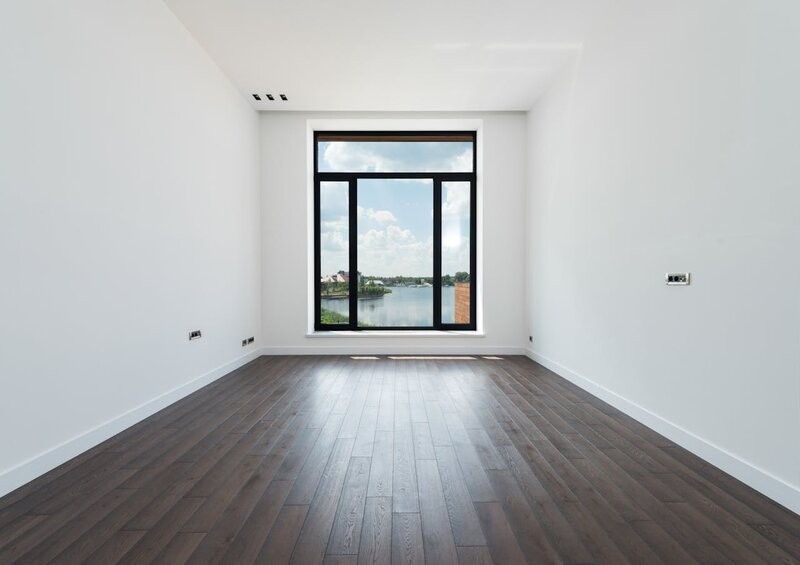Insuring an empty property after a bereavement

When a loved one passes away, the house they lived in often becomes unoccupied. During the probate process, where the deceased’s estate is administered according to their will, the property may remain vacant for an extended period. Ensuring the property is adequately insured is a critical responsibility for the executor of the estate, as they are tasked with safeguarding the deceased’s assets. This is where unoccupied home insurance becomes essential.
Why unoccupied home insurance is necessary
Standard home insurance policies often do not provide full cover for properties left empty for prolonged periods. Once a house is unoccupied for more than 30 to 60 days, depending on the insurer, restrictions may be imposed, or the policy may lapse altogether. This increased risk arises because empty properties are more vulnerable to:
- Undetected issues - Minor problems, such as a leak, can escalate into significant damage if unnoticed.
- Unwanted attention - Vacant homes are at higher risk of burglary, vandalism, squatting, or even arson.
Unoccupied property insurance fills this gap, providing comprehensive protection tailored to these risks.
How to insure a property in probate
If the deceased had home insurance, it may be possible to transfer the policy into the name of their spouse or the executor. However, many insurers prefer or require a new policy to be issued, especially if the property is expected to remain vacant.
Unoccupied home insurance ensures continued coverage during probate. Key features include:
- Buildings insurance - Protects the structure and fabric of the house.
- Contents insurance - Covers loss, theft, or damage to any remaining belongings.
- Public liability insurance - Provides indemnity against claims if someone is injured or their property damaged while on the premises (this includes trespassers).
Flexibility for the probate period
The length of the probate process can vary, sometimes taking several months or longer. Many unoccupied property insurance policies offer flexible terms, allowing short-term coverage that can be extended month by month. This avoids the need for a full-year policy if it is not required.
Frequently Asked Questions
What happens to an insurance policy when the owner dies?
Typically, the existing policy can be transferred to the executor’s name temporarily. However, if the property becomes unoccupied, a specialised unoccupied home insurance policy will likely be necessary to maintain adequate coverage.
Who pays for unoccupied home insurance?
The cost of unoccupied home insurance is usually paid from the deceased’s estate. The executor or solicitor often arranges this. If the estate’s funds are not immediately accessible, a family member may need to cover the cost initially.
Can an executor arrange home insurance?
Yes, as the executor, you can arrange unoccupied home insurance. Insurers require proof that you have an “insurable interest” in the property. Other beneficiaries can also be included as policyholders.
Are executors legally responsible for the deceased’s property?
Yes, executors are responsible for protecting the deceased’s assets, including any property. Failing to secure adequate insurance could expose you to legal and financial risks if the property is damaged or a liability claim arises.
Key takeaways
Unoccupied home insurance is a vital consideration for executors managing a property during probate. It provides comprehensive protection against the heightened risks associated with an empty home and ensures you fulfil your legal responsibilities. By arranging flexible coverage, you can safeguard the property until the estate is finalised and the new owner assumes responsibility.
